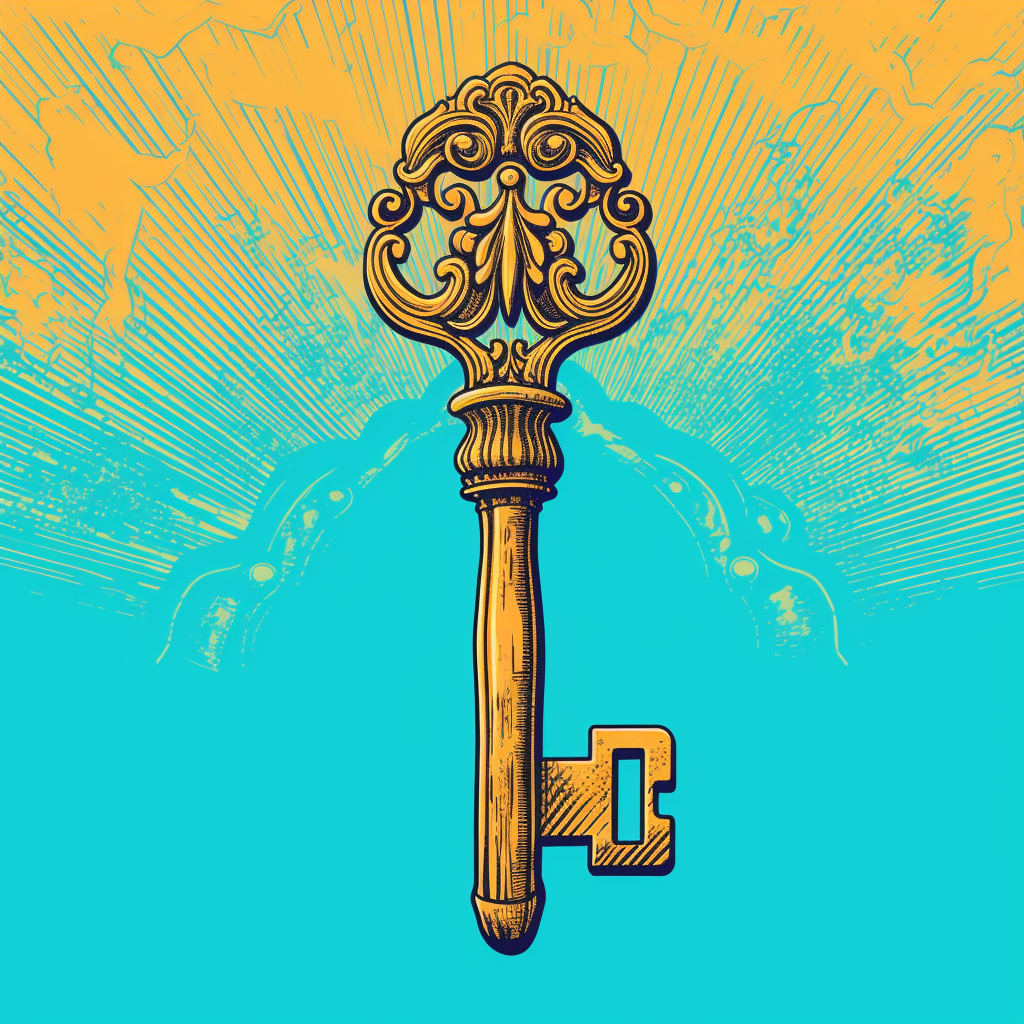“Crime and Punishment” is a novel written by Fyodor Dostoevsky in 1866, which delves into the intricacies of crime, punishment, and redemption. The novel follows the story of Rodion Raskolnikov, a poverty-stricken ex-student who murders a pawnbroker and her sister, and must then confront the weight of his actions. The novel is a thoughtful exploration of justice, morality, and human psychology, and remains a classic in literature to this day.
In this blog, we will explore the top 10 lessons found in Dostoevsky’s “Crime and Punishment.” By investigating the themes and motifs of the novel, we can uncover the universal lessons that the novel teaches about humanity and the human condition.
Lesson 1: The burden of guilt
One of the most significant themes in the novel is the idea of guilt and its punishing effects on the human psyche. Raskolnikov struggles with the guilt of his crime, and it ultimately drives him to confess to the authorities. The novel illustrates that guilt, while sometimes overwhelming and powerful, can also serve as a motivator for confession and redemption.
Lesson 2: The perversion of the will to power
Raskolnikov’s motivations for committing murder are rooted in his desire to exercise his will to power, to prove his superiority over others, and contribute to society through the removal of a corrupt pawnbroker. However, his theory fails to come to fruition, and instead highlights the dangers of allowing oneself to believe in the rationalization of so-called “justifiable” crimes.
Lesson 3: The nature of redemption
Throughout the novel, Raskolnikov struggles with coming to terms with his actions and seeks redemption through confession and self-sacrifice. His journey reflects the idea that redemption is a process that spans a considerable amount of time, effort and true penitence.
Lesson 4: The cost of isolation
Raskolnikov’s social isolation from friends, family, and community contributes to a sense of fragmentation and spiritual depletion. His condition highlights the cost of isolation and the importance of human connections.
Lesson 5: The value of hard work
The novel emphasizes the value of hard work and the importance of maintaining a proper work ethic to improve one’s circumstances. Characters like Sonya, who worked hard to provide for her family, are respected, even in the face of adversity.
Lesson 6: The danger of obsession
The character of Raskolnikov illustrates the dangers of obsessive behavior. He becomes preoccupied with his theories and beliefs to the point where he can no longer distinguish right from wrong.
Lesson 7: The power of love
Love, compassion, and empathy are recurring themes in the novel that illustrate the transformative power of emotions. Sonya’s love for Raskolnikov, for example, inspires and helps him on his path towards redemption.
Lesson 8: The consequences of intellectual arrogance
Raskolnikov’s arrogance and belief in his intellectual superiority leads him to commit murder. It is an idea that the novel explores, the dangers of ego-driven intellectualism leading to so-called “justifiable” crimes.
Lesson 9: The universality of human suffering
The novel highlights the universality of human suffering and, in particular, the suffering faced by those living in poverty. The characters in the novel confront immense hardships and challenges, but ultimately, it is their humanity that binds them together.
Lesson 10: The struggle of good versus evil
“Crime and Punishment” is an exploration of the struggle between good and evil, of the human duality that exists in everyone. Characters such as Raskolnikov must confront their darker impulses and weaknesses to become better people, which affirms the novel’s enduring message: that transformation and redemption are possible for everyone.
Conclusion
In conclusion, “Crime and Punishment” is a complex novel that touches on numerous themes that are still relevant today. It explores the nature of guilt, redemption, isolation, and love, among others. The novel’s focus on these fundamental issues has helped it to endure as a literary classic over the decades. The lessons in the book have impacted countless people, guiding them on the path of self-discovery and enlightenment.




